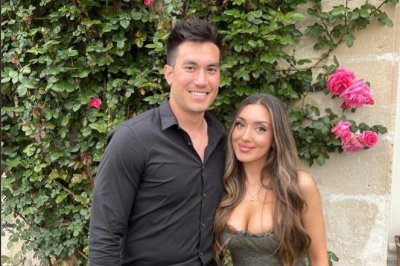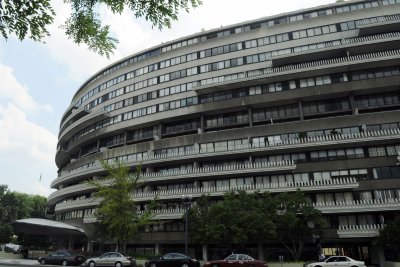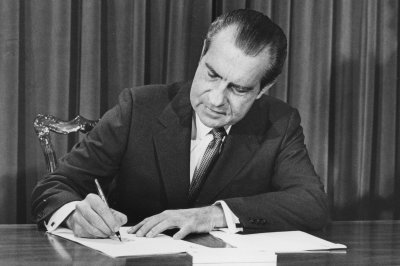Topic: John Hersey
John Richard Hersey (June 17, 1914 – March 24, 1993) was a Pulitzer Prize-winning American writer and journalist considered one of the earliest practitioners of the so-called New Journalism, in which storytelling devices of the novel are fused with non-fiction reportage. Hersey's account of the aftermath of the atomic bomb dropped on Hiroshima, Japan, was adjudged the finest piece of journalism of the 20th century by a 36-member panel under the aegis of New York University's journalism department.
Born in Tientsin, China, to missionaries Roscoe and Grace Baird Hersey, John Hersey learned to speak Chinese before he spoke English. Hersey's 1985 novel, The Call, is closely based on the lives of his parents and several other missionaries of their generation. He returned to the United States with his family when he was ten years old. Later Hersey attended the Hotchkiss School, followed by Yale University, where he was a member of Skull and Bones society.:127 He subsequently was a graduate student at Cambridge as a Mellon Fellow. Following his time at Cambridge, Hersey got a summer job as private secretary and driver for author Sinclair Lewis in 1937, but he chafed at his duties, and that fall he began work at Time, where he was hired after writing an essay on the magazine's dismal quality. Two years later he was transferred to Time's Chongqing bureau.
During World War II, newsweekly correspondent Hersey covered fighting in Europe as well as Asia, writing articles for Time as well as Life magazine. He accompanied Allied troops on their invasion of Sicily, survived four airplane crashes, and was commended by the Secretary of the Navy for his role in helping evacuate wounded soldiers from Guadalcanal.
It uses material from the Wikipedia article "John Hersey."












